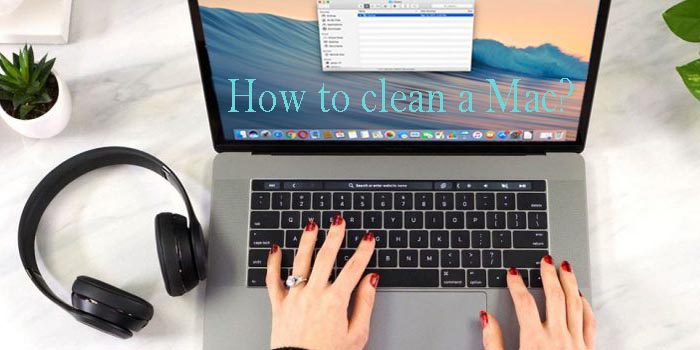

You can move all the files stored on your desktop and Documents folder from your Mac's drive to iCloud. The first lets you use iCloud to offload files, photos and text messages. Here, you'll see four recommendations for reclaiming free drive space. If you are approaching maximum capacity, click the Manage button to free up some space. You can check out how much free space remains on your MacBook's drive by clicking the Apple logo in the top left, select About This Mac and then click the Storage tab. The more crowded its SSD becomes, the slower it will run. Sometimes, all your MacBook needs is a data cleanup. With your Mac's drive freshly backed up, you may proceed. Grab an external drive and run Time Machine.

If you don't want to delete certain files, you might be able to save space by compressing them. Check the Users folder on Macintosh HD for any shared files that you no longer need to share.If your Mac is set up for multiple users, delete users that no longer need access to your Mac. Or ask them to follow the steps in this article after logging in to their user account. Also check the Users folder on Macintosh HD for any undeleted data belonging to deleted users.If you use your Mac to back up your iPhone or iPad, you can delete old backups.Also choose Mailbox > Erase Deleted Items.

If you use the Mail app for your email, choose Mailbox > Erase Junk Mail from the menu bar in Mail.Delete files in your Downloads folder. Open this folder from the Dock, or by choosing Go > Downloads from the menu bar in the Finder.Delete music, movies, podcasts, or other media, especially if it's media that you can stream or download again as needed.You can also delete files that you no longer need. If you have another storage device, such as an external drive connected to your Mac, you can move files to that device. Media files such as photos and videos can use a lot of storage space, so you can take steps such as these:


 0 kommentar(er)
0 kommentar(er)
